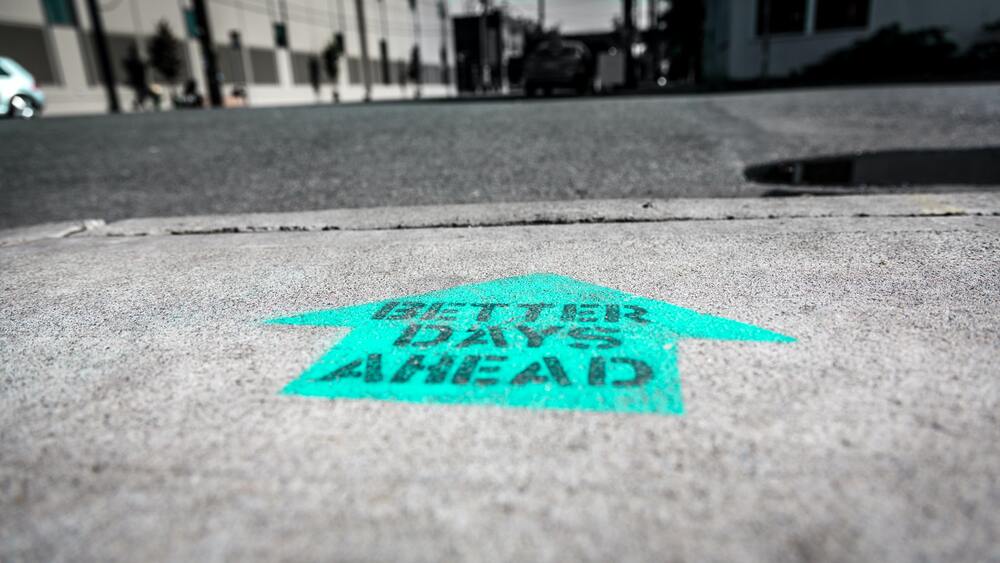The Good Place is a Netflix series that ran from 2018 to 2020. It spanned four seasons, and was far from your typical sitcom. Meet Eleanor Shellstrop, a self-centred, terrible human being who is accidentally sent to "The Good Place", or Heaven, and must therefore improve herself in order to stay there. Over the course of the series, she learns ethics from a philosophy professor named Chidi, befriends wealthy socialite named Tahani, meets a member of the all-powerful race of Janets, and a number of other crazy characters.
What makes The Good Place different from almost all the other shows today is its rejection of the sitcom status quo. While it does focus on the wacky hijinks of the main characters, it is unique because it puts character development at its forefront, and constantly rewrites its premise.
The show doesn’t truly come into its own until the end of season 1 - which, without spoiling anything, completely changes what you thought you knew about the characters. From there it takes off, leaning into the absurdity of its premise (featuring a struggling demon actress as one of its highlights). This sitcom is one of the few shows that has managed to keep me consistently guessing and entertained, without losing sight of its original premise.
For a show about philosophy, The Good Place deals with a number of moral and ethical dilemmas. Should good deeds count if they are for selfish reasons? What do we owe each other? I had never heard of utilitarianism or moral particularism before, but the show manages to make the learning of philosophy integral to the plot - without boring its audience. It helps that Jason, the walking embodiment of every Florida man stereotype, is always there with a story about his dance crew, or a crazy crime he committed - or sometimes even both, as was the case when he framed a girl named Sheila for stealing boogie boards to stop the best pop-and-locker on his dance crew from moving away.
The key reason that The Good Place has appealed to so many people during these times is because it offers a positive view on humanity. Our innovation, resilience, and desire to improve ourselves are at the center of the show, as Eleanor (and the others around her) become better people. There are more than a few offhand remarks and jabs at our society today - particularly with Brent in season 4, who - as the epitome of the "dudebro" stereotype - is clearly based on Supreme Court Justice Brett Kavanaugh, and manages to come across worse than some of the demons on the show.
However, at the end of the day, the message of the show is a positive one, as each of the characters overcomes their flaws and become the best version of themselves. While the show condemns the humans for their past actions, it praises them for their ability to improve themselves, showing the positive effect they can have on the world around them. In a time when so many people have resorted to negativity and pessimism, it is the little bit of positivity you didn’t know that you were missing.
Over the course of the four seasons, there is one line that I think stands out above all others and nicely represents the main theme of the show: “What matters isn’t if people are good or bad; what matters is if they’re trying to be better today than they were yesterday.” We should all aim to be the best versions of ourselves, even when it’s hard and there is no obvious reward. The Good Place has done exemplary work in showing humanity at its highest and lowest. It manages to be optimistic about our future, even when it feels like there isn’t much to be optimistic about. This is why The Good Place is the kind of show we need right now.
Photo Source: Better Days Ahead by Ian Taylor, from Unsplash.
